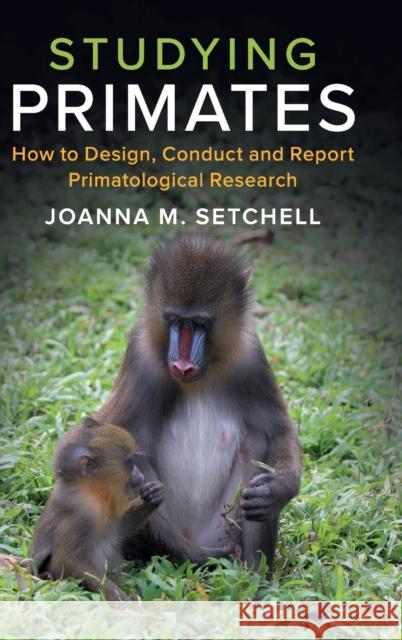Studying Primates: How to Design, Conduct and Report Primatological Research » książka
topmenu
Studying Primates: How to Design, Conduct and Report Primatological Research
ISBN-13: 9781108421713 / Angielski / Twarda / 2019 / 360 str.
Studying Primates: How to Design, Conduct and Report Primatological Research
ISBN-13: 9781108421713 / Angielski / Twarda / 2019 / 360 str.
cena 354,30
(netto: 337,43 VAT: 5%)
Najniższa cena z 30 dni: 349,34
(netto: 337,43 VAT: 5%)
Najniższa cena z 30 dni: 349,34
Termin realizacji zamówienia:
ok. 22 dni roboczych.
ok. 22 dni roboczych.
Darmowa dostawa!
The essential guide to successfully designing, conducting and reporting primatological research.











